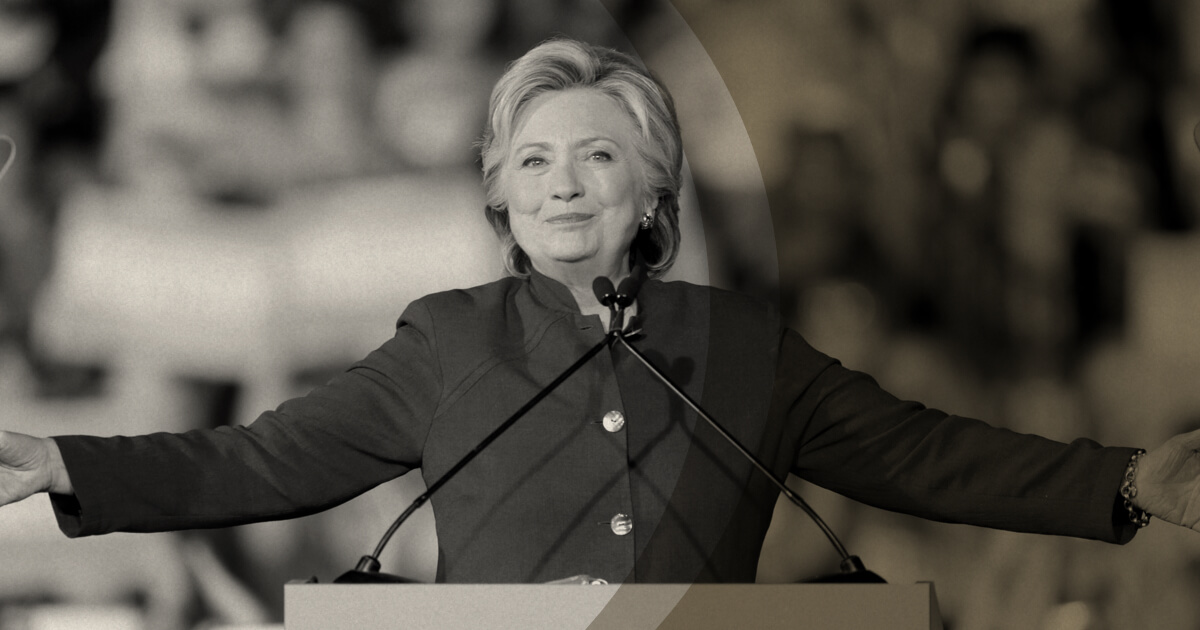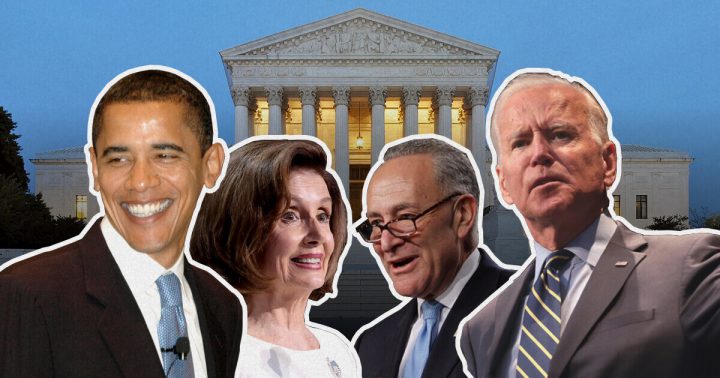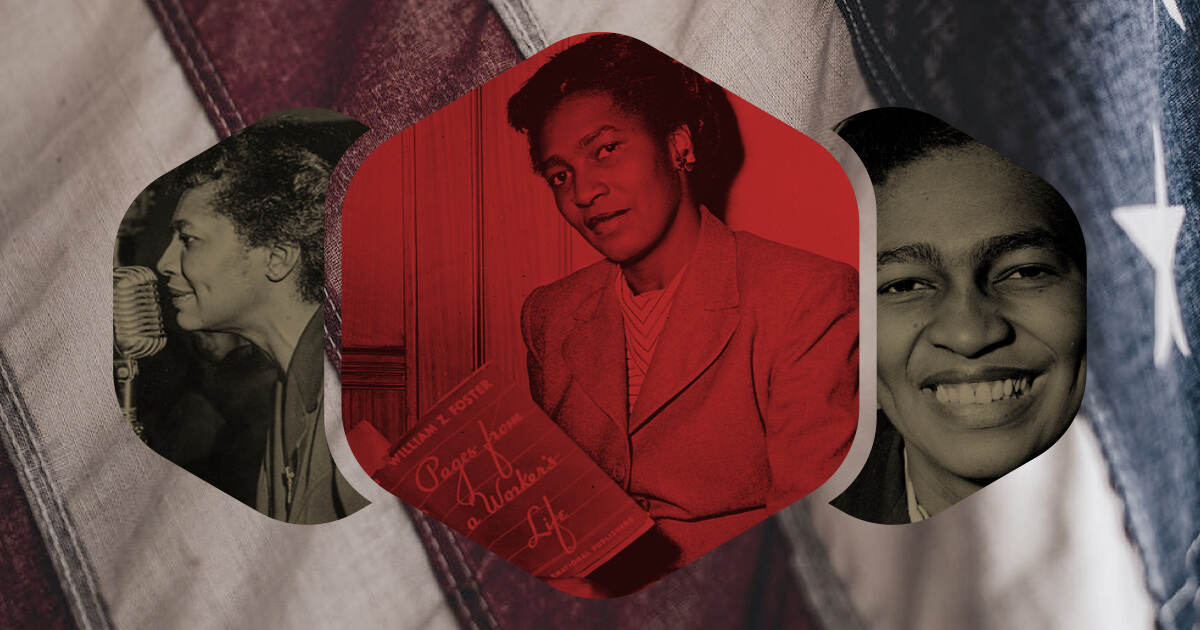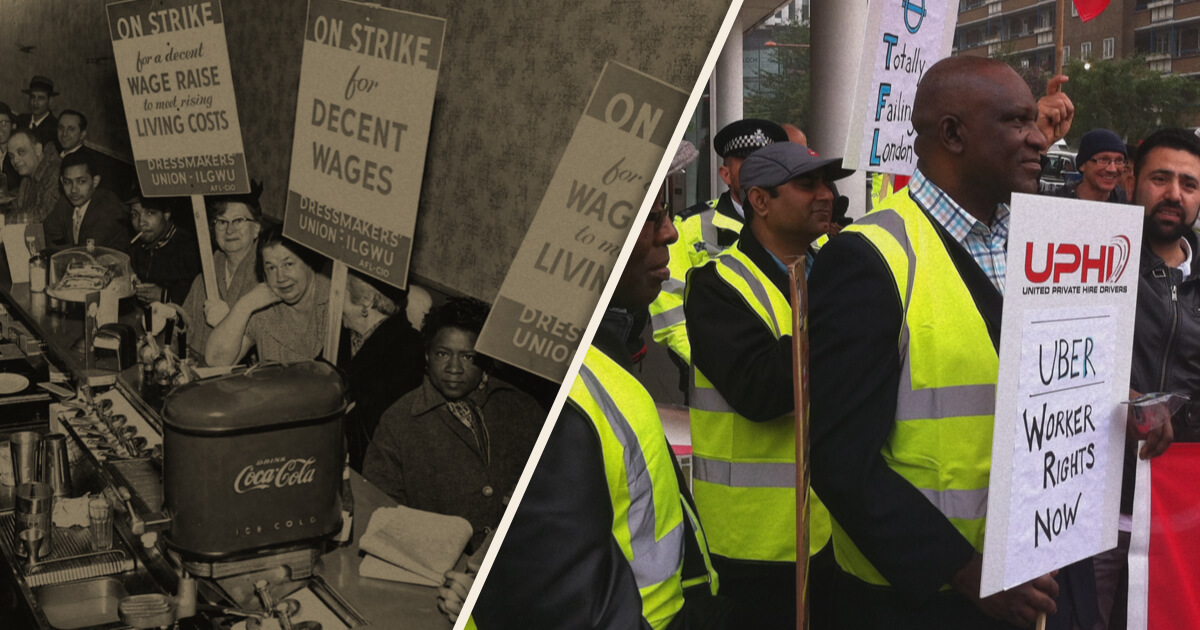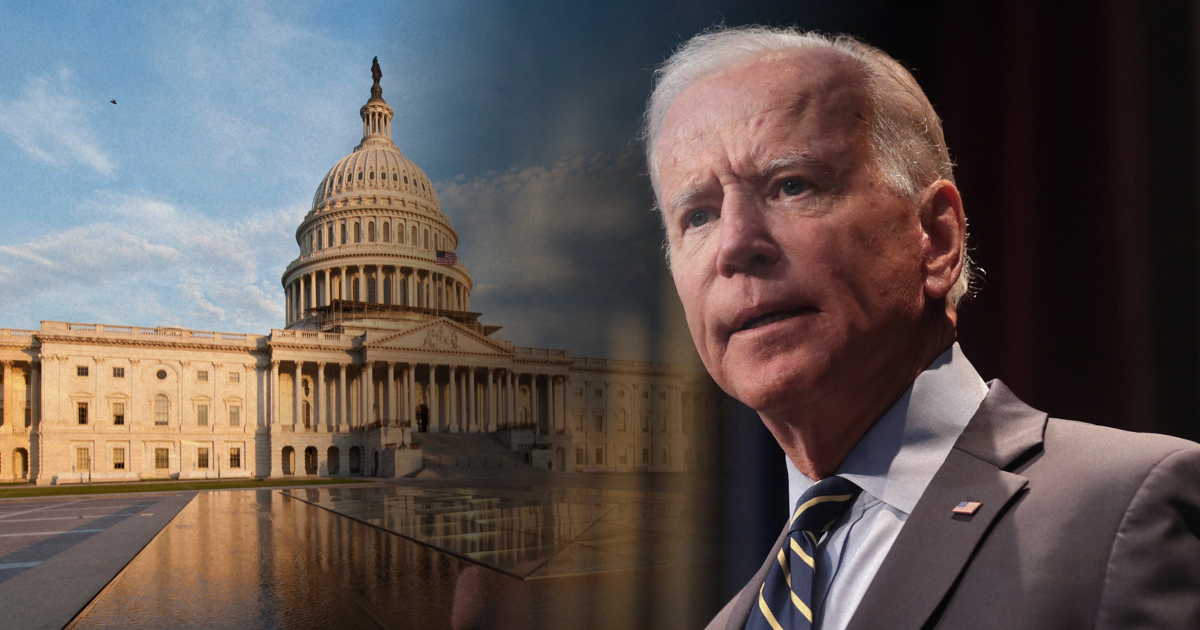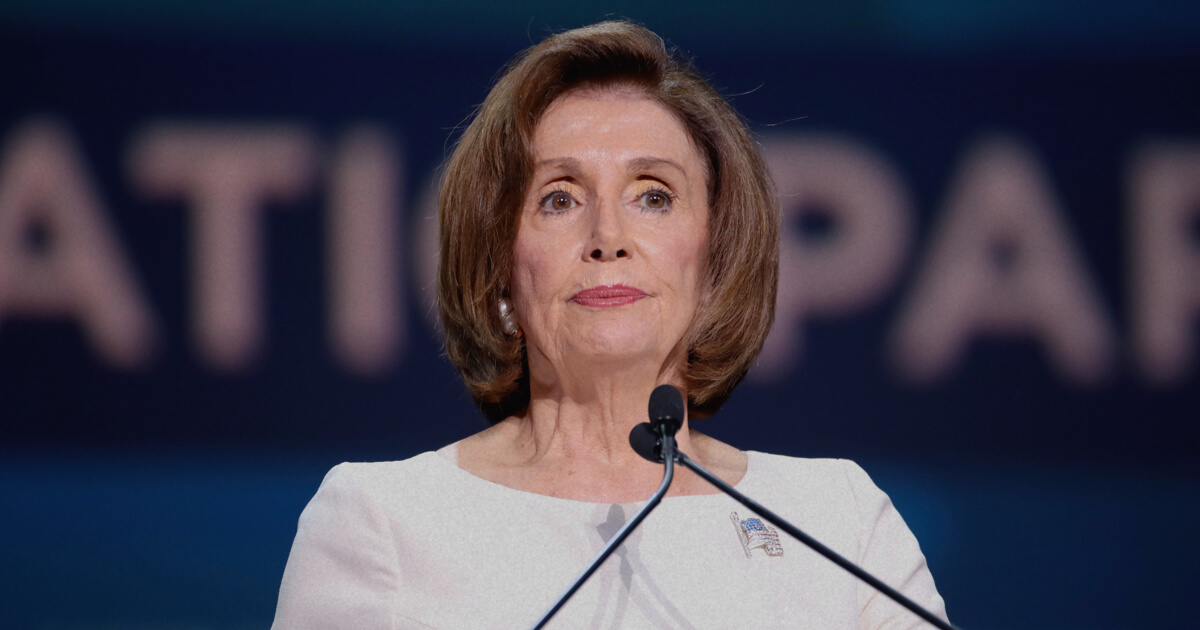It’s generally assumed today that one can be a capitalist and a feminist simultaneously. In fact, such a strain of thought is not only the default, it’s encouraged.
Everywhere, one can see calls for “more female representation”, “diversifying the board room,” and “elect more women.” The 2016 infamous campaign slogan of Hillary Clinton was “I’m with Her”. Women are encouraged to take up the mantle of the exploiter, the colonizer, and the oppressor in the name of feminism and representation. But one must ask can there be oppressors and feminism at the same time? Is something more feminist if a woman is in charge? The answer to this is a sound no.
Feminism is broadly defined as the advocacy of equal rights between the sexes. However, a more inclusive and lucid definition would be that feminism is the “struggle against sexist oppression. Its aim is not to benefit solely any specific group of women, any particular race or class of women” which bell hooks argues in her book Feminist Theory: From Margin to Center. This particular definition is antithetical to capitalism because it relies on the exploitation of workers and the unpaid and unappreciated labor of women to survive. Even the broader definition of “advocacy of equality between the sexes” is contradictory to capitalism as well, because capitalism requires inequality and does nothing to stop the perpetuation of inequality between the sexes.
It doesn’t matter if a few corporations promote more women to higher positions, or if our liberal democratic system elects more women, capitalism will continue to suppress the rights and freedoms of women, regardless of who’s in charge.
An inconvenient and unglamorous truth that liberal feminists rarely like to bring up is that class and gender are closely tied. Women are more likely to be food insecure than men in every region of the world according to the Food and Agricultural Organization of the United Nations. Women also suffer disproportionately when it comes to the affordable housing crisis because of lower wages in comparison to men. As a result, women spend a larger percentage of their income on housing which results in fewer savings and less disposable income. Women of color are also more disproportionately represented in minimum wage jobs. Yet, rarely do liberal feminists talk about these issues, because they pose a threat to the neoliberal capitalist consensus and to their brand of feminism, instead the method of tinkering around the edges of the system and meager reforms seems to be the friend of liberal feminists.
The belief that patriarchy can simply be reformed away with laws and that having more women in charge pervades liberal feminists. Yet even the most liberal of institutions contradicts this liberal feminist axiom, the World Economic Forum found that companies lead by women often reduce the wage gap at top levels and increase it at the bottom of the wage distribution whereas male lead companies do the exact opposite, the report found that there was almost no change in the average wage gap between male and female lead companies. There’s no doubt that representation does matter, but it’s completely irrelevant when the person in power changes but the same oppressive and exploitative system remains. CEOs regardless of gender have the same priority in mind, profit and growth. Profit is the appropriation or perhaps more succinctly theft of the surplus value that a worker creates.
CEOs and other members of the capitalist class such as shareholders and landlords rely on this exploitative system to survive; one which includes denial of benefits such as paid leave which are vital to working women, or simply paying women less because they are seen as less productive because the responsibilities of childbearing and rearing are placed on them. It doesn’t matter how feminist or how female the leadership of a company is, even if they have the best intentions and truly want to empower women, they can’t because when profit is the only priority nothing else matters, that includes the empowerment of women.
It’s important to recognize that since the profit motive is ingrained in the capitalist system, the result is that woman will continue to be disadvantaged and face continuing inequalities because of their biology and the pervasive belief that women are caretakers. The election of more female and/or feminist politicians won’t change that because they are also bound by the rules of capitalism. Donors won’t even bother approaching them. The media will either ignore or slander them. Even when a progressive politician is elected any policy that they propose or support will be immediately stricken down by both right leaning and moderate branches of their party. And in the fortunate situation if their policy were to pass, it would be susceptible to being rolled back and susceptible to austerity and budget cut measures.
Most importantly a politician being a woman doesn’t necessarily mean that they will be good for women’s rights or the broader population, take the examples of Margaret Thatcher and Hilary Clinton. Margaret Thatcher destroyed British industry, deregulated the financial sector, suppressed miner’s strikes with brutal force, and caused massive unemployment to name a few of her disastrous effects. Not to mention that she cozied up to Augusto Pinochet and dismissed the Africa National Congress which fought against apartheid as “terrorists”. She was also no feminist, despite what mainstream and liberal media like to say, she herself sneered at the word feminism. She also froze benefits for childcare and insulted working mothers by creating a “creche generation”, she also did little for women’s representation in politics and only elected one woman into her cabinet, and did little to fix problems such as domestic abuse and rape.
While it’s true that Thatcher was the first female prime minister of England that shouldn’t take away from the fact that she was horrible for women’s rights and the feminist movement. The example of Thatcher teaches girls that in order to get ahead they must only care about themselves and that they must stomp on the rights of others to be successful. In essence, to follow and advance the feminist movement one must also suppress it and become anti-feminist.

Hillary Clinton stands beside Henry Kissinger at the Atlantic Council Distinguished Leadership Awards 2013
The same can be said of Hillary Clinton in the states. Hillary Clinton herself while broadly hailed as a feminist icon, by herself and liberal feminists alike, has shown to have a horrible record when it comes to feminism and worker’s rights, but a record that corporate executives love. She has sat on countless corporate boards such as TCBY, LaFarge, and most infamously Walmart. During her tenure at Walmart, she did nothing to help the majority female workforce to unionize, nor to stop Walmart from ruthlessly crushing these very unions. Nor did she do anything to solve the many problems that plague Walmart’s workforce such as discrimination against its low wage female employees involving wages and promotions, wage theft, sweat shops, sexual harassment, horrible working hours and pay with little benefits, and wrongful termination to name a few. Hillary’s political career hasn’t been much better. She encouraged her husband to cut vital social services, which millions of women and children relied on. She also sneered at these very women who rely on welfare to raise their children and survive as “dead beats”. She also played an instrumental role while her husband was governor of Arkansas to slander public school teachers, many of whom were African American women, and shut down their unions as well.
Hillary isn’t only an enemy to American women, but also an enemy to women in the global south. She lobbied against a fair wage for Haitian women toiling in garment factories as Secretary of State. She also played an important role behind the scenes in supporting a coup in Honduras which led to greater social instability, higher crime, and a resurgence in femicide. Not to forget that she has been a proud supporter of Israel and constantly brushes away or ignores the crimes of the IDF to Palestinian women and children. For example, in 2014 when Israel launched a massive assault on Gaza, and even the mainstream media and otherwise politicians who typically supported Israel expressed worry about the disproportionate number of Palestinian women and children being killed, whereas Clinton expressed full support for Israel’s actions.
Hillary Clinton’s feminism is the type of feminism that only benefits people like her, rich white women in the imperial core. A feminism that doesn’t apply to all women, or for that matter all people regardless of gender, race, class, etc. isn’t true feminism. Of course, the liberal, resistance, white, imperial, bourgeois “feminists” might say that any critique of Hillary Clinton is misogynistic and that women who criticize her have internalized misogyny or are simply bitter and jealous (though ironically labeling women as bitter has typically been a sexist insult). There’s no doubt that Hillary Clinton has faced many struggles and much misogyny herself. However, that doesn’t erase her horrible policy record, nor does it merit her for canonization. Of course, many of these “resistance feminists” who claim to also be for intersectionality should not forget that there are women politicians who have it harder than Hillary, because of their race, class, immigration status, sexual orientation, political platform, etc. Additionally, representation shouldn’t be done for the sake of representation but for the sake of providing valuable role models, a position that Hillary has proven horrible at filling.
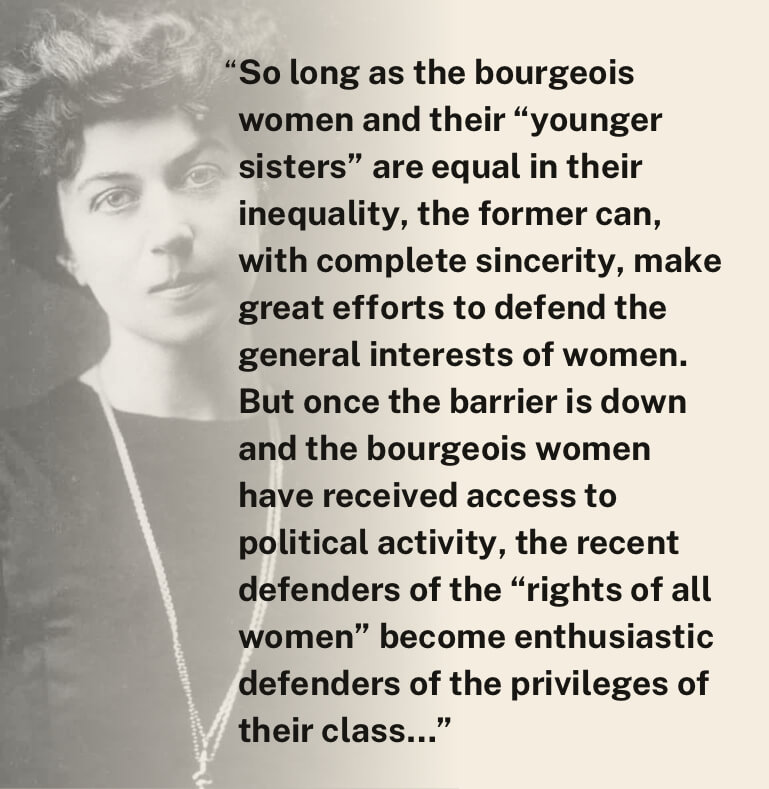
Alexandra Kollontai
Needless to say, though Hillary may be another saint in the resistance canon, and an often-touted example of women in politics, there are nonetheless better examples for representation in politics, who are far better role models, (which isn’t a very high bar), the examples being the Squad, Nina Turner and Cori Bush to name a few in the present. There have also been important roles of women in the past such as Alexandra Kollontai who fought to ensure maternity leave and universal childcare for Soviet women and who occupied important positions in the Soviet government. She was also one of the first female diplomats. Tsola Dragoycheva who was a heroine of the Bulgarian Communist Party in the 1930s for fighting against the country’s monarchist regime. She was also the first Bulgarian woman to serve in a cabinet position. Vida Tomšič from Slovenia was communist partisan who fought against the Italians and served as the minister for social policy after World War II. These are women who actually deserve to be revered as quite literally resistance heroes and who aided their respective countries in getting rid of the very system that oppressed women in their own countries, that of capitalism, fascism, and feudalism.
Representation while a noble goal isn’t enough to liberate women. In order to truly smash the patriarchy, it’s insufficient merely to encourage women to fill the very same roles that oppress and marginalize vast swaths of the population. True liberation comes with the destruction of these oppressive and exploitative positions. Capitalism relies on the patriarchy to survive, and the patriarchy requires capitalism. As long as capitalism exists, single mothers will keep struggling to feed their children on an ever-dwindling social welfare system. Women with master’s degrees will continue to sell their bodies to pay the rent. Women in poor circumstances will still marry for money, often to men much older than them, resulting in unhappy and frequently abusive and toxic relationships. It doesn’t matter who’s exploiting the workers by stealing their surplus value, busting the unions, or forcing people into sweatshops, as long as these very conditions exist there is no liberation, there is no feminism.
Originally published on Midwestern Marx. Photo: Gage Skidmore via Wikimedia Commons (CC BY-SA 2.0). Photo: Atlantic Council via Flickr (CC BY-NC-ND 2.0).
